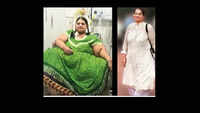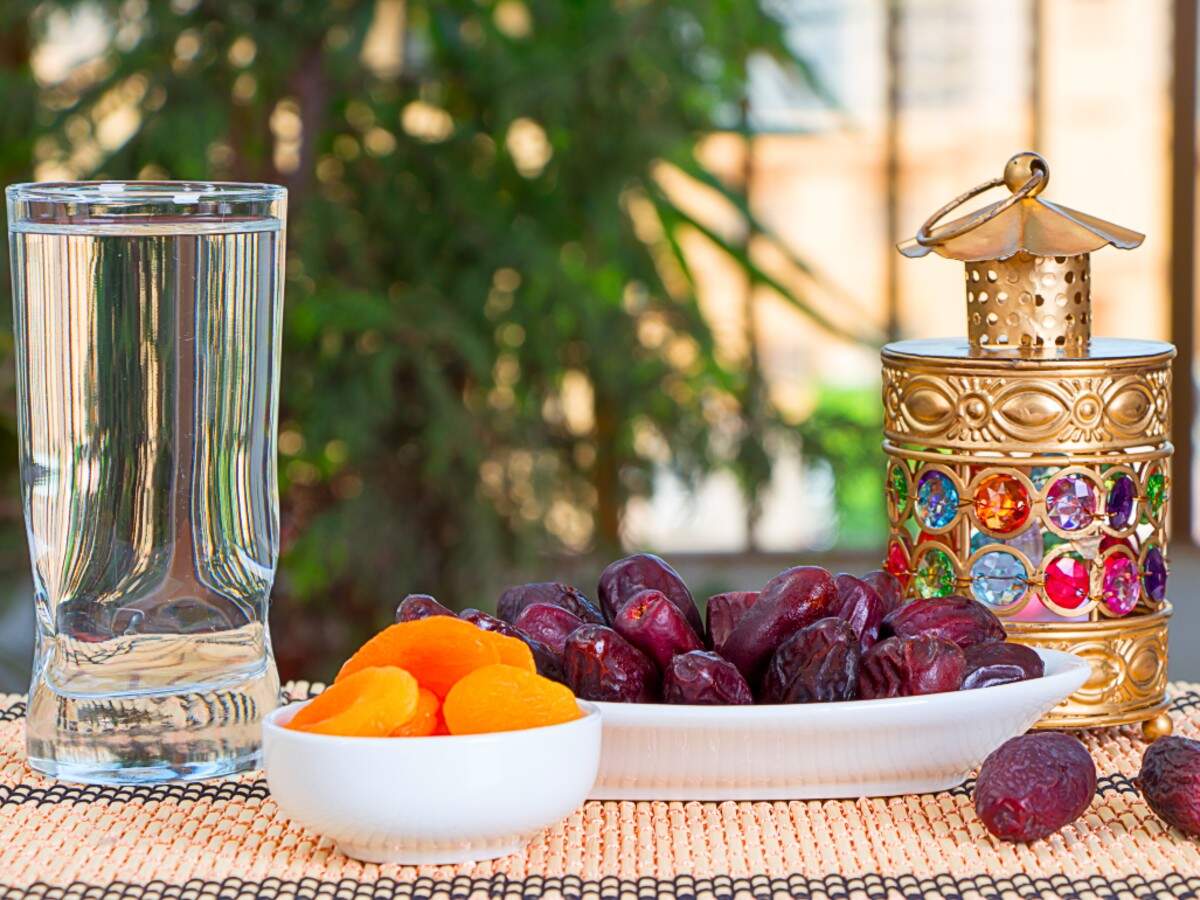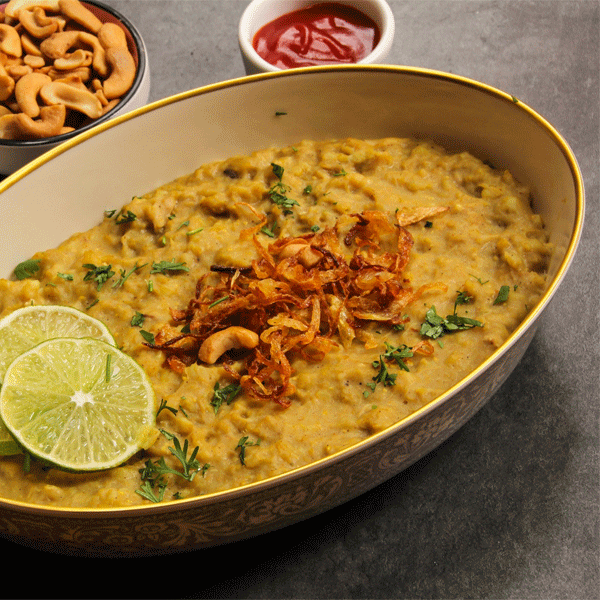
Surat: A tribal family belonging to Bhatpai village of Mandvi taluka in Surat district earned Rs1,200 per month and lived in a kutcha house two decades ago. The same family has a monthly income of Rs10,000 now and lives in a pucca house. The family earns an additional income by supplying milk to milk cooperatives.
Sample surveys done by Adivasi Sanshodhan Kendra, Gujarat Vidyapith and Centre for Social Studies of 700 tribal households in 11 villages of Tapi and Surat districts in the past 36 months found that increased irrigation in tribal areas from 11 to 36 per cent and milk supply to cooperatives have played an important part in improving the socio-economic status of tribal communities.
Rakesh Gamit, sarpanch of Sariya village of Vyara taluka in Tapi district, had nothing 20 years ago. His parents used to earn Rs20 per day as farm labourers. He started poultry business after doing MA, BEd and now earns Rs70,000 in a month.
Hemant Gamit, a native of Ranimbha village of Vyara taluka in Tapi district, does sugar cane farming and has a few cows. He earns good money by selling cow milk and does double cropping thanks to drip irrigation. He used to earn Rs20 per day some 15 years ago and now earns Rs20,000 per month.
Economic prosperity has changed the lives of tribal people in Surat, Tapi, Navsari, Dang and Valsad districts. Chandrakant Upadhayay, director, Adivasi Sanshodhan Kendra, Gujarat Vidyapith, said, “There is a visible change in the lives of tribals in South Gujarat. Increased irrigation facilities have enabled cultivation of cash crop. There has been development of infrastructure in the tribal belt and spread of basic education among the populace. We did sample surveys of the same families to check their condition in a space of 20 to 30 years. We found that multiple factors have helped the tribals to lead a better life.”
Satyakam Joshi, professor of Centre for Social Studies, Surat told TOI, “Milk cooperative societies have played a major part in improving economic condition of people in this region. Almost 90 per cent of tribal households keep cattle and supply milk to milk cooperatives. Welfare schemes launched by the government have also begun to bear fruits. The younger generation of tribal communities after basic education have started to work in service sector in cities. This not only adds to their family income, but augurs good for South Gujarat.”
Sample surveys done by Adivasi Sanshodhan Kendra, Gujarat Vidyapith and Centre for Social Studies of 700 tribal households in 11 villages of Tapi and Surat districts in the past 36 months found that increased irrigation in tribal areas from 11 to 36 per cent and milk supply to cooperatives have played an important part in improving the socio-economic status of tribal communities.
Rakesh Gamit, sarpanch of Sariya village of Vyara taluka in Tapi district, had nothing 20 years ago. His parents used to earn Rs20 per day as farm labourers. He started poultry business after doing MA, BEd and now earns Rs70,000 in a month.
Hemant Gamit, a native of Ranimbha village of Vyara taluka in Tapi district, does sugar cane farming and has a few cows. He earns good money by selling cow milk and does double cropping thanks to drip irrigation. He used to earn Rs20 per day some 15 years ago and now earns Rs20,000 per month.
Economic prosperity has changed the lives of tribal people in Surat, Tapi, Navsari, Dang and Valsad districts. Chandrakant Upadhayay, director, Adivasi Sanshodhan Kendra, Gujarat Vidyapith, said, “There is a visible change in the lives of tribals in South Gujarat. Increased irrigation facilities have enabled cultivation of cash crop. There has been development of infrastructure in the tribal belt and spread of basic education among the populace. We did sample surveys of the same families to check their condition in a space of 20 to 30 years. We found that multiple factors have helped the tribals to lead a better life.”
Satyakam Joshi, professor of Centre for Social Studies, Surat told TOI, “Milk cooperative societies have played a major part in improving economic condition of people in this region. Almost 90 per cent of tribal households keep cattle and supply milk to milk cooperatives. Welfare schemes launched by the government have also begun to bear fruits. The younger generation of tribal communities after basic education have started to work in service sector in cities. This not only adds to their family income, but augurs good for South Gujarat.”
#ElectionsWithTimes
Quick Links
Lok Sabha Election Schedule 2019Lok Sabha Election NewsDelhi Capitals teamMI team 2019Rajasthan Royals 2019RCB team 2019Maharashtra Lok Sabha ConstituenciesBJP Candidate ListBJP List 2019 TamilnaduShiv Sena List 2019AP BJP List 2019Mamata BanerjeeBJP List 2019 MaharashtraPriyanka GandhiBJP List 2019 KarnatakaAMMK Candidate List 2019BJP List 2019 WBLok Sabha Elections in Tamil NaduBSP List 2019 UPNews in TamilLok Sabha Poll 2019Satta Matka 2018PM ModiMahagathbandhanNagpur BJP Candidate ListChandrababu NaiduTamil Nadu ElectionsUrmila MatondkarNews in TeluguMadras High CourtTejashwi YadavArvind KejriwalTejasvi SuryaPawan KalyanArvind KejriwalYogi AdityanathJaya PradaSatta King 2019Srinagar encounter
Get the app









